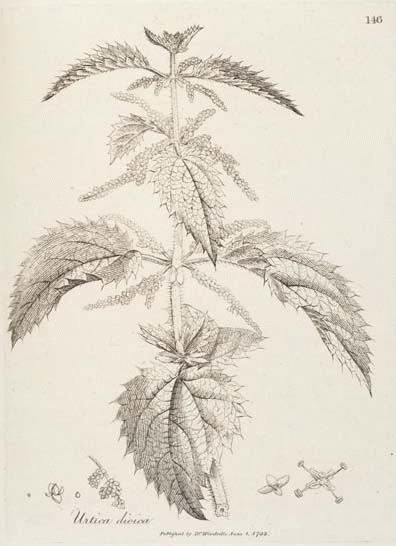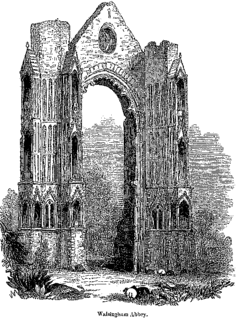
Stinging nettle has a wide range of uses and is a very versatile medicinal herb.
Since biblical times, it has been used to help with arthritis. The practice called urtication (from its botanical name) involved stinging stiff swollen joints affected by arthritis. Urtication often provided considerable relief with reports of arthritic swelling subsiding within minutes after stinging!
In more recent years, nettle has been increasingly used for treating bronchitis, asthma and hay fever. Research shows that it may effectively treat allergic nasal symptoms and has been used for centuries around the world to treat nasal and respiratory troubles: coughs, runny nose, chest congestion, asthma, whooping cough (pertussis) and even tuberculosis and laryngitis Scientific studies have proven that nettle is an anti-histamine. The leaf extract may also be used to help treat and heal hives.
Nettle is also a traditional liver tonic often recommended for ridding the body of all kinds of toxins. When the liver is sluggish, it processes oestrogen slowly, contributing to the high levels that may cause or aggravate premenstrual syndrome. This herb can also reduce bloating and breast tenderness.
Nettle is recommended for the prevention and treatment of kidney stones and as it's a diuretic it can help with bladder infections. Nettle is a silicon-rich herb which has strong folkloric support as a treatment for gout and rheumatism. Experimental animal studies found nettle increases uric acid secretion and lowers blood levels of uric acid making it useful for the treatment of gout. It has long been used to treat inflammatory conditions that affect the joints and therefore may help in treating bursitis and tendinitis as well.
Nettle contains considerable amounts of the mineral boron, which can double levels of the hormone oestrogen circulating in the body. In several studies, oestrogen helped improve short-term memory and helped elevate the moods of some people with Alzheimer's disease. In addition to the magnesium in nettle greens, studies show that nettle also has anti-bacterial activity. It can be added to toothpastes and mouthwashes to reduce plaque and gingivitis.
Nettle may also be used to treat prostate enlargement. Extracts have successfully treated benign prostatic hypertrophy (BPH). Researchers gave a few teaspoons of extrxct daily to 67 men over 60 with BPH and found the herb significantly reduced their need to get up at night and urinate. The herb apparently has some inhibitory effect on the conversion of testosterone.
Finally, tincture of nettle leaf can also prevent balding in those with thinning hair.
100ml 1:4 Alcohol Volume 25%. Take 10 - 15 drops 2 x daily.



No comments:
Post a Comment